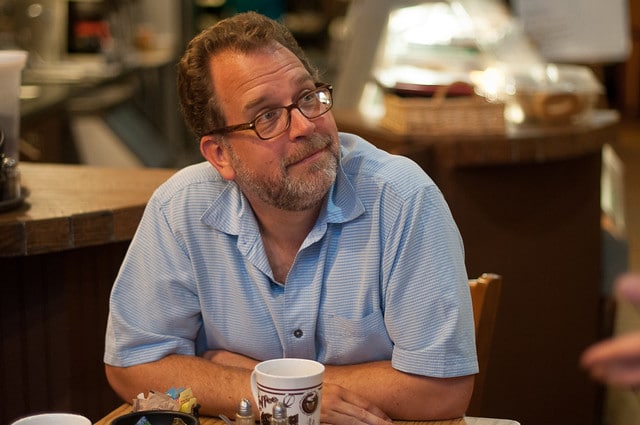
As a result of the pandemic, the Save the Cat! Storytelling Workshops went online in 2020. There are many challenges with teaching online, of course, which have been well noted. There are also, however, great opportunities. Foremost among these opportunities is that anyone with the price of admission and an internet connection, anywhere in the world, can now take these classes.
I have grown used to the diversity of locales from my students, but a recent workshop was uniquely varied—students came from Vermont and Mississippi and Switzerland and India. It’s an old teacher cliché that students will learn as much from each other as they do from the teacher. That’s more true than usual in Save the Cat! workshops, but the vast reach of these online classes has made it even more so.
In that workshop, in the third of four classes, I noticed my Indian student had changed a character name in his screenplay from Devi to David. I asked him why. This opened the door to a larger worry of his, that the “Indian-ness” of his story might make it harder to be produced. How much, he asked me, should one change the cultural details of a story to make it more marketable?
This is kind of a tricky question for me. I want to help people write their stories. I believe that a writer’s strongest work comes when they are following their instincts. But the question is valid. Of course he wants to get his film made. And isn’t it part of my job to help him do that?
I was considering my answer when the student from Vermont asked, “May I say something?” I said of course, and she told the Indian student that part of the reason she went to the movies (or read books or watched TV shows) was exactly that: to see difference. She wanted to see how different people, in different parts of the world, handled the same human problems we all have. She didn’t want things to be familiar, she said. The unfamiliarity in and of itself was part of the appeal.
Other students then chimed in, all agreeing. My Indian student smiled, visibly relieved. He thanked his fellow students. I kept my inchoate, inarticulate feelings to myself. The student from Vermont had answered his question so much better than I ever could.
That’s just one example why these courses mean so much to me… and, hopefully, to our students.
Check out the upcoming Save the Cat! Storytelling Workshops>>








